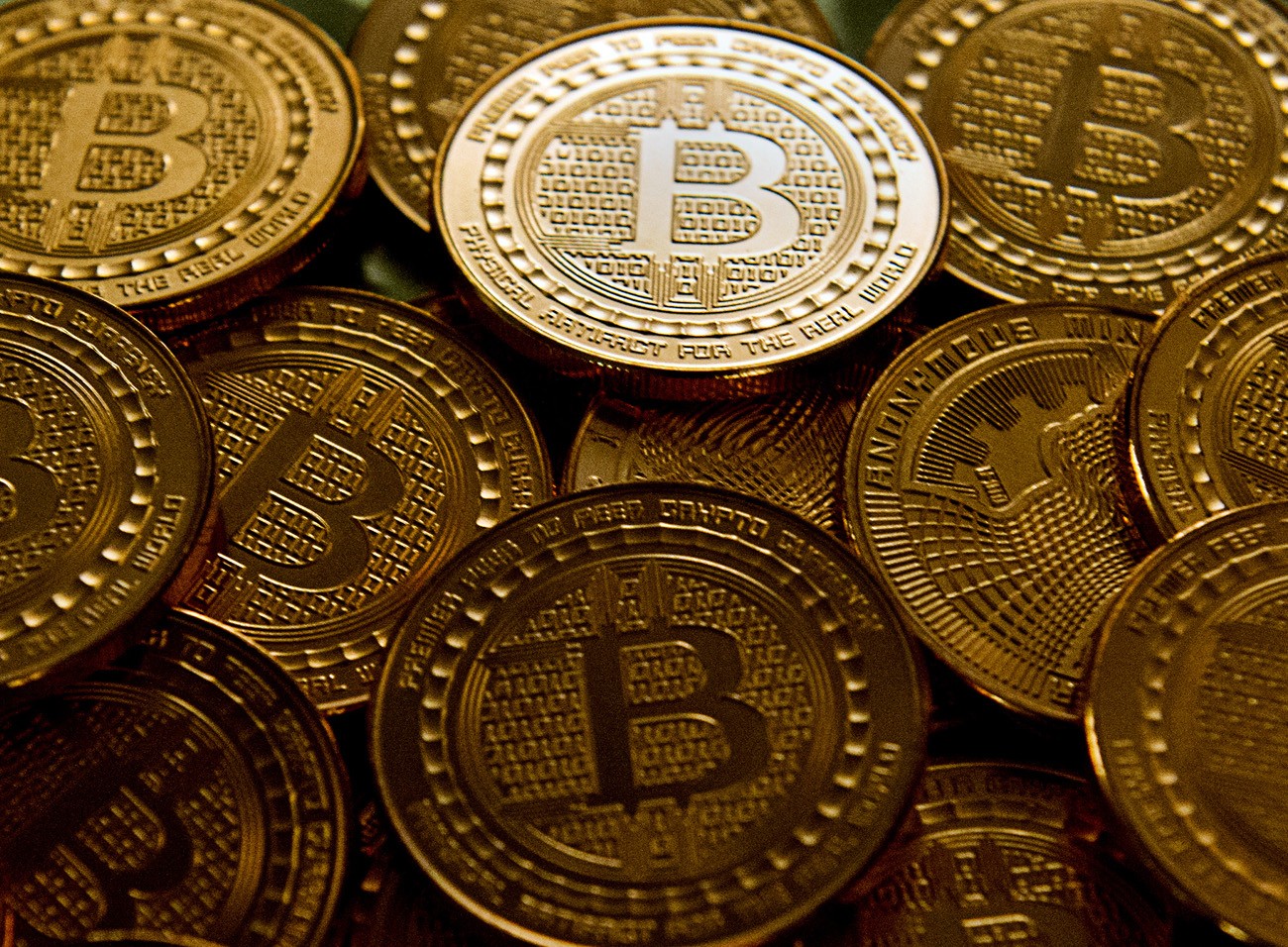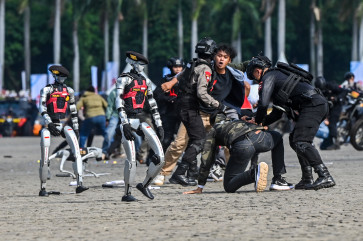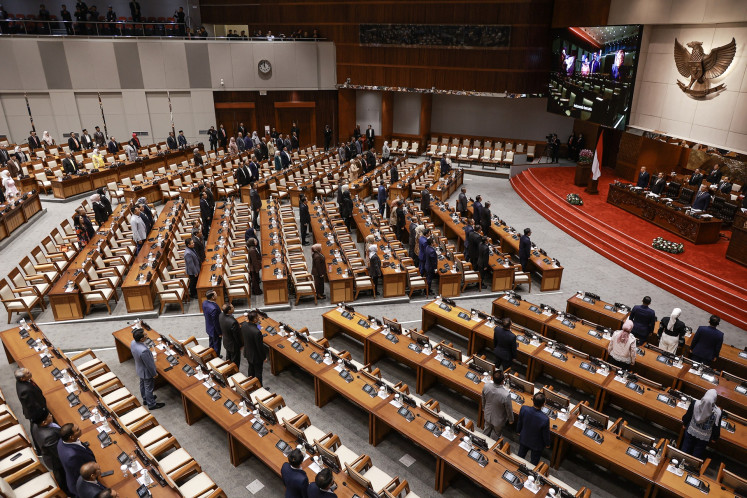Popular Reads
Top Results
Can't find what you're looking for?
View all search resultsPopular Reads
Top Results
Can't find what you're looking for?
View all search resultsFear, uncertainty and doubt in crypto-land
Things have not been looking pretty for those who dared invest in cryptocurrencies.
Change text size
Gift Premium Articles
to Anyone
T
hings have not been looking pretty for those who dared invest in cryptocurrencies. After the record-breaking highs across almost every major cryptocurrency from late December 2017 to early January 2018 – when bitcoin, still the leader of the pack in terms of market capitalization, reached almost Rp 300 million (US$21,000) per coin – as I write this article, bitcoin is now trading at around Rp 120 million on Indonesia's most popular cryptocurrency exchange, bitcoin.co.id.
Those who entered the market near the peak have definitely lost money. Most worrying was the development around a coin named NXT, which peaked at Rp 35,000 per coin on Dec. 23, 2017, and is now hovering around Rp 3,000 per coin. Why? The developers behind the NXT coin, Ardor, had promised an "airdrop" (read: free coins) of the new IGNIS token for any NXT coin holders in early January. The market responded with speculation, driving up the price of NXT, until people realized that everyone was buying NXT just to get free IGNIS.
With no market fundamentals to speak of, most (if not all) cryptocurrencies are purely driven by supply and demand in the market. The anecdote of someone who had to cancel their wedding as a result of money invested – and lost – in NXT became the poster child of the dangers of investing in cryptocurrency, aside from the usual stories of their use in money laundering, drug trades or for other, shadier, objectives.
Almost in response, several governments announced their "bitcoin" stance in vaguely worded statements, amplified by an undiscerning media. While the Indonesian government was careful to state simply that "Bitcoin is not recognized as a form of payment in Indonesia", the statement was translated equally simply to mean that bitcoin was illegal. With negative news emerging from other countries – the most significant of which was the alleged shutdown of cryptocurrency exchanges in Korea (since rectified) – reactive markets filled with inexperienced traders worried about a complete crackdown, and went into a panic sell.
The snowball effect continues unabated, with traders hit by FUD (fear, uncertainty and doubt) cutting their losses. Those new traders who joined the crypto craze only in December are hardest hit, as they probably invested money at high market rates. The worry is that if they don't cut their losses now, they will stand to lose even more money, as the feared worldwide crackdown on cryptocurrency use might actually happen.
Experienced cryptocurrency traders – and I use this term loosely – tell me that markets usually crash at the start of the year. They show me graphs of how low prices crash in early January before reaching new highs in February or March. They offer a theory that sell-offs will occur ahead of Chinese New Year as traders take profit in preparation for celebrations and the like. They tell me that while the Indonesian government is clear that it has outlawed bitcoin et al as currency, the government has been purposefully vague about trading cryptocurrencies on exchanges.
In my opinion, the government will always be worried about unchecked methods of creating wealth. They're worried about the guy who sold his TV just to try their luck at cryptocurrency trading and then lost all his money. They're worried about market manipulation, where "whales" (traders with lots and lots of money) influence prices through "pumping and dumping", gaining profit while less experienced traders lose money. While cryptocurrencies are virtual, without any physical form and are basically produced from solving complex algorithms, the money traded on exchanges is real.
Since my last article, I have been asked by friends and relatives how to make money through bitcoin. The first thing I tell them is never invest money they don't have, and never invest money they're not willing to lose. Which should be true for any type of investment, although the risk factors might differ greatly.
There's no such thing as a guaranteed return, but the likelihood of return on investment increases with good fundamentals, an experienced team working on it and market reception. And this is groundwork anyone needs to do when thinking of investing. Or else, you're just gambling.
So what about my own portfolio in cryptocurrencies? I have my best guesses, I have my doubts. But the best thing to do right now is HODL (hold, don't sell anything) until a more profitable day comes along. (kes)
***
Ario has been working in digital and related industries since 2003, including music, movies, TV, and now startups. He currently heads up Wooz.in and Ohdio.FM, and teaches music business at the SAE Institute Jakarta.
---------------
Interested in writing for thejakartapost.com? We are looking for informative stories and opinion pieces from experts in a variety of fields, and others with appropriate writing skills. All content must be original on any of the following topics: lifestyle ( beauty, fashion, food), entertainment, science & technology, health, parenting, social media, sports. Submit your writing to community@jakpost.com. Click here for more information.










